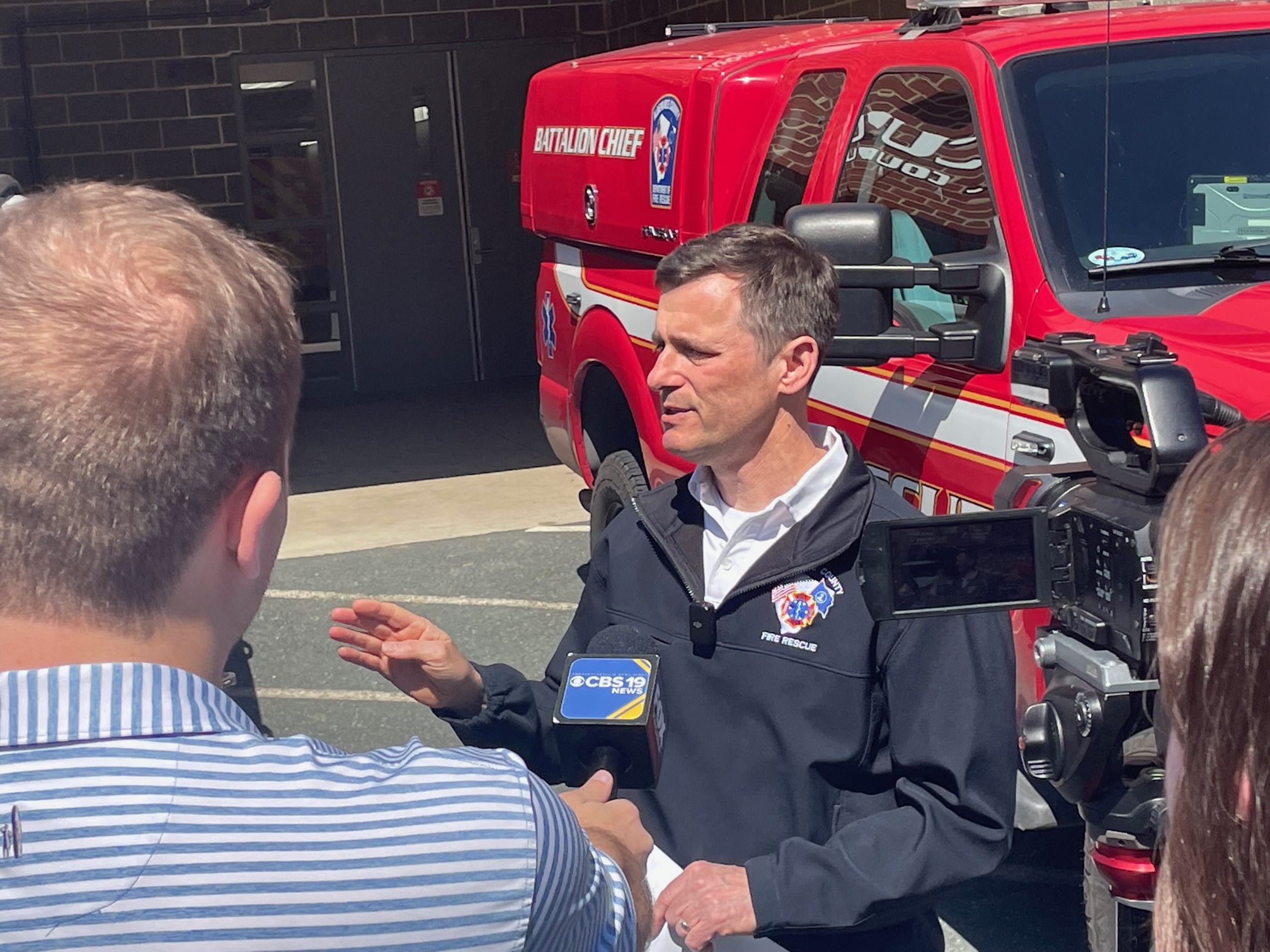A new report from the Intergovernmental Panel on Climate Change warns that rising global temperatures are causing disruptions for nature and humanity across the planet. A working group of scientists from 195 nations gathered for two weeks to review and approve Climate Change 2022: Impacts, Adaptation, and Vulnerability.
“The world faces unavoidable multiple climate hazards over the next two decades with global warming of 1.5°C (2.7°F),” reads a press release for the report. “Even temporarily exceeding this warming level will result in additional severe impacts, some of which will be irreversible. Risks for society will increase, including to infrastructure and low-lying coastal settlements.”
The report urges continued work to reduce greenhouse gas emissions and suggests ways this can be done while improving people’s lives, but also points out that growing urbanization and social inequality will hasten the problem.
The full report is 3,675 pages long but the technical summary is a bit more manageable at 96 pages. I suspect most readers and listeners will opt for the 36-page summary for policymakers.
“This report has a particular focus on transformation16 and system transitions in energy; land, ocean, coastal and freshwater ecosystems; urban, rural and infrastructure; and industry and society,” reads the introduction to that summary. “These transitions make possible the adaptation required for high levels of human health and wellbeing, economic and social resilience, ecosystem health, and planetary health.”
For more information on what local and state governments are doing to meet their greenhouse reduction goals, here are some resources:
- Albemarle Climate Protection webpage
- Charlottesville Climate Protection webpage
- University of Virginia Sustainability
- Virginia Coastal Resilience Master Plan
Yesterday, the U.S. Supreme Court heard a case that challenges the power of the U.S. Environmental Protection Agency. Read the transcript of the argument here or listen to the oral arguments. Read one account of how it went on Bloomberg Law.

Before you go: The time to write and research of this article is covered by paid subscribers to Charlottesville Community Engagement. In fact, this particular installment comes from the March 1, 2022 edition of the program. To ensure this research can be sustained, please consider becoming a paid subscriber or contributing monthly through Patreon.













